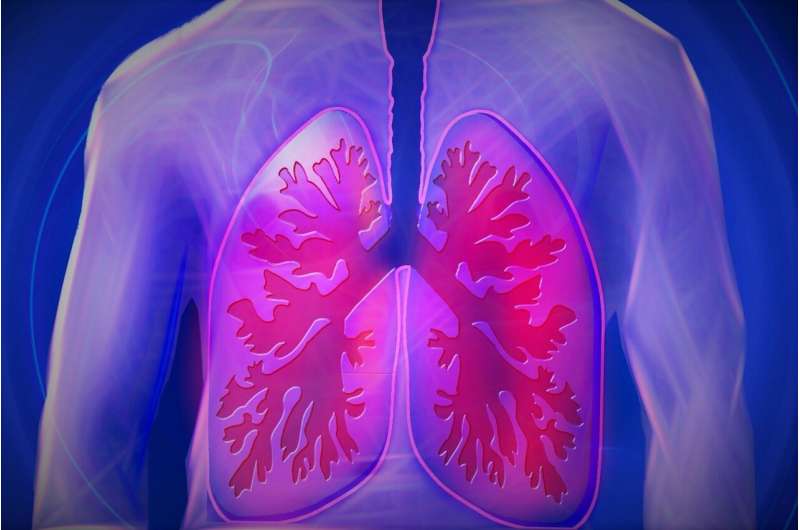Air Pollution and Environmental Factors Linked to Lung Cancer in Never-Smokers

Emerging research links air pollution and environmental exposures to genetic mutations responsible for lung cancer in never-smokers, especially among women and Asian populations. Explore how pollution and herbal medicines may influence lung cancer risk without tobacco use.
Recent research highlights a significant connection between air pollution, traditional herbal medicines, and other environmental exposures with the development of lung cancer in individuals who have never smoked. Traditionally, lung cancer has been primarily associated with tobacco use; however, as smoking rates decline globally, cases among never-smokers are becoming increasingly common. Notably, this trend is disproportionately observed among women and individuals of Asian descent, particularly in East Asia.
A comprehensive study published in Nature by researchers from the University of California San Diego and the National Cancer Institute (NCI) has provided compelling genomic evidence linking environmental factors to this rise. The study reveals that air pollution contributes to genetic mutations in lung cells, similar to the mutations seen in smokers. By analyzing lung tumors from 871 never-smokers across various regions with differing pollution levels, scientists identified specific DNA mutational signatures indicative of past environmental exposures. Higher pollution exposure correlated with an increased number of mutations, especially those promoting cancer growth, and was associated with signs of accelerated cellular aging.
Interestingly, the study found that secondhand smoke had a relatively minor genetic impact compared to air pollution. While it did cause some telomere shortening (a marker of aging), it did not lead to significant mutational signatures linked to cancer. In contrast, exposure to aristolochic acid, a carcinogen present in certain herbal medicines, was strongly associated with lung cancer cases in Taiwan. This raises public health concerns about the potential carcinogenic risks of traditional herbal remedies.
The research also uncovered a novel mutational signature prevalent in many never-smoker lung cancers without a known environmental cause. The origin of this new pattern remains unknown, warranting further investigation.
Overall, these findings emphasize the importance of environmental factors in lung cancer development among never-smokers and call for increased awareness and regulation of air quality and traditional herbal medicines. Future research aims to further understand other environmental risks, including radon and asbestos exposure, and explore the effects of emerging substances like e-cigarettes and marijuana.
For more detailed insights, see the original study: Maria Teresa Landi, The mutagenic forces shaping the genomes of lung cancer in never-smokers, Nature (2025), DOI: 10.1038/s41586-025-09219-0. Source: https://medicalxpress.com/news/2025-07-particulate-air-pollution-linked-mutations.html
Stay Updated with Mia's Feed
Get the latest health & wellness insights delivered straight to your inbox.
Related Articles
Rapid Impact of Junk Food on Brain Memory Circuits Revealed by New Study
New research reveals how short-term consumption of high-fat junk food can swiftly impair memory circuits in the brain, highlighting the importance of nutrition for cognitive health.
7 Essential Strategies for Overcoming Health Insurance Denials
Learn effective strategies to challenge health insurance denials and secure the coverage you deserve. These tips can help you navigate the complex appeal process and advocate for your health care needs.
Decoding Sperm Movement: Key Proteins Essential for Male Fertility
Research uncovers the crucial role of specific proteins in sperm motility and male fertility, offering new insights into infertility causes and potential treatments.
One-Fifth of Home Health Agencies Halted Telehealth Services Post-Pandemic
A recent study shows that 19% of home health agencies have stopped using telehealth services after the pandemic, mainly due to lack of reimbursement and concerns over patient suitability. Learn more about current trends and policy implications.



